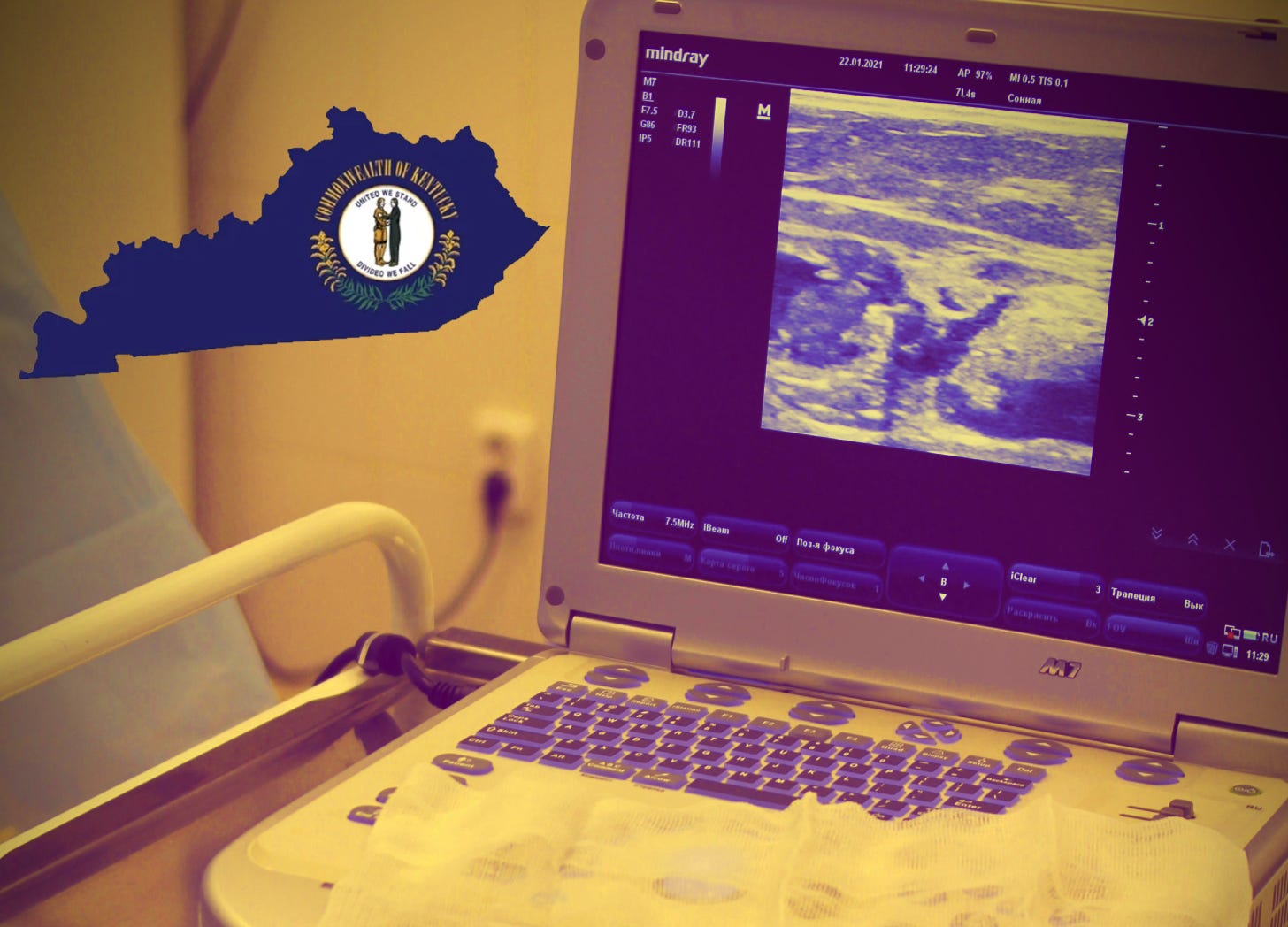Prenatal Child Support Returns to National Discussion
Media Abuzz Over Kentucky Senate's Passage of Bill Allowing Mothers to Retroactively Collect Child Support for Unborn Children
In the past several weeks, major media outlets have been reporting on the Kentucky Senate’s passage of Senate Bill 110, which relates to retroactive child support payments for the entire duration of pregnancy. The articles speculate on what passage could mean for state budgets and venture into interviews on fully unrelated issues like prenatal personhoo…





